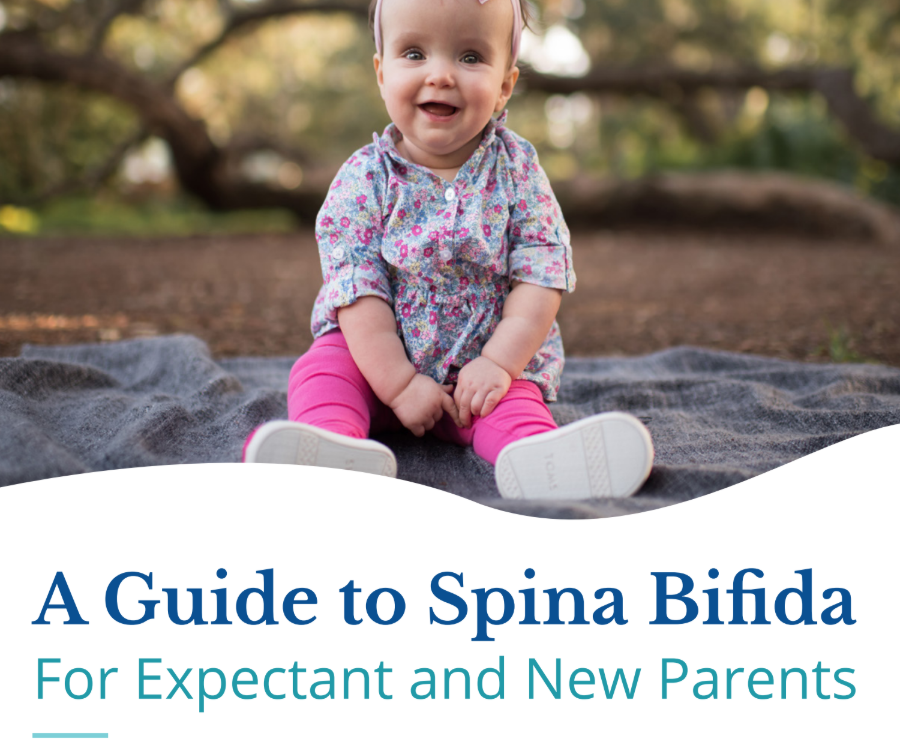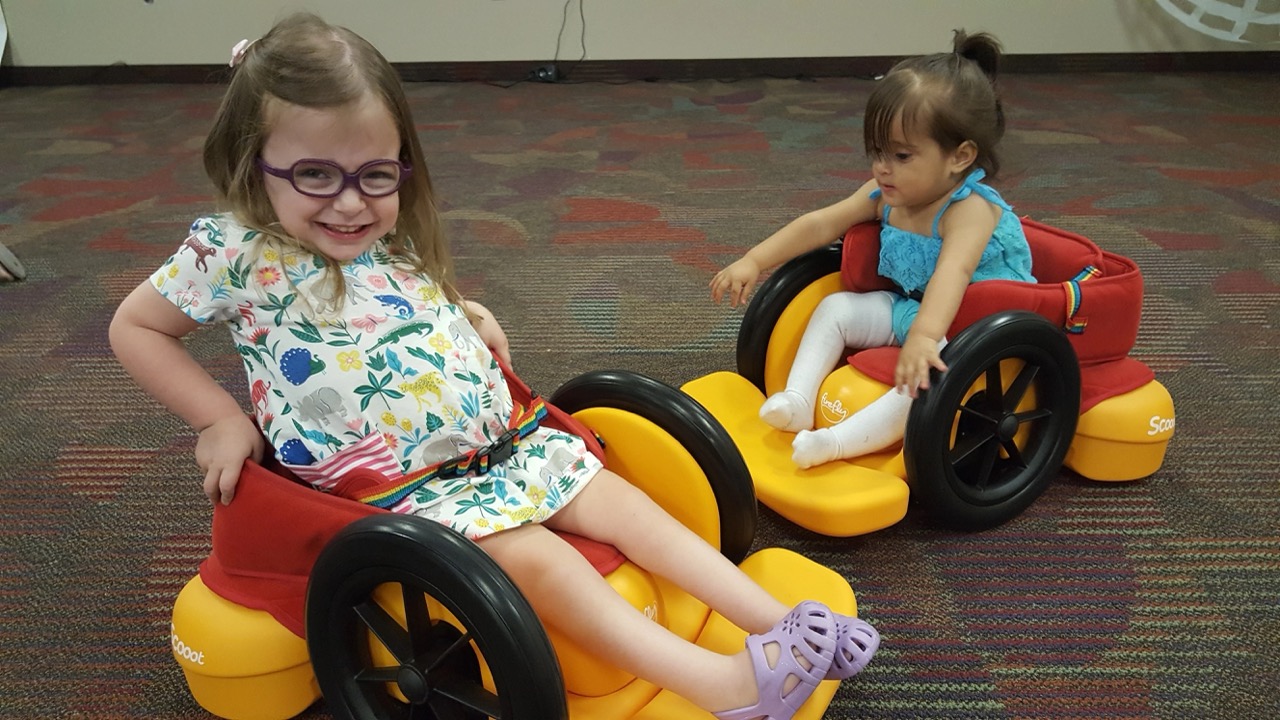
What is Spina Bifida?
Spina Bifida is the most common permanently disabling birth defect in the United States that is compatible with life. It happens very early in pregnancy, when the spinal column does not close all the way. Because of this, the spinal cord and nerves may develop differently, which can lead to lifelong challenges.
Types of Spina Bifida
There are a few different forms of Spina Bifida, ranging from mild to more severe:
- Spina Bifida Occulta – The mildest form, often called “hidden” Spina Bifida. Many people never know they have it, since it usually does not cause symptoms.
- Meningocele – A sac of fluid pushes through an opening in the spine, but the spinal cord itself is not in the sac. This type is rare and may cause fewer disabilities.
- Myelomeningocele – The most serious form. A sac containing part of the spinal cord and nerves pushes through the opening in the spine. It often results in mobility challenges, bladder and bowel difficulties, and other health concerns.
Possible Effects
Every person with Spina Bifida is unique. Some of the challenges may include:
- Mobility differences (walking with braces, crutches, or using a wheelchair)
- Bowel and bladder complications
- Hydrocephalus (fluid buildup in the brain)
- Learning differences
- Skin and orthopedic issues
Many individuals live full, active lives with the right medical care, therapies, adaptive equipment, and support.
Causes and Prevention
The exact cause of Spina Bifida isn’t fully understood, but both genetic and environmental factors may play a role. We do know that getting enough folic acid (vitamin B9) before and during early pregnancy can reduce the risk. That’s why folic acid is recommended for everyone who could become pregnant.
Life with Spina Bifida
Having Spina Bifida means adapting to challenges, but it also means belonging to a strong and supportive community. Advances in medicine, education, and advocacy have greatly improved outcomes and opportunities for people with Spina Bifida. With access to care and resources, individuals can thrive at school, at work, and in everyday life.

